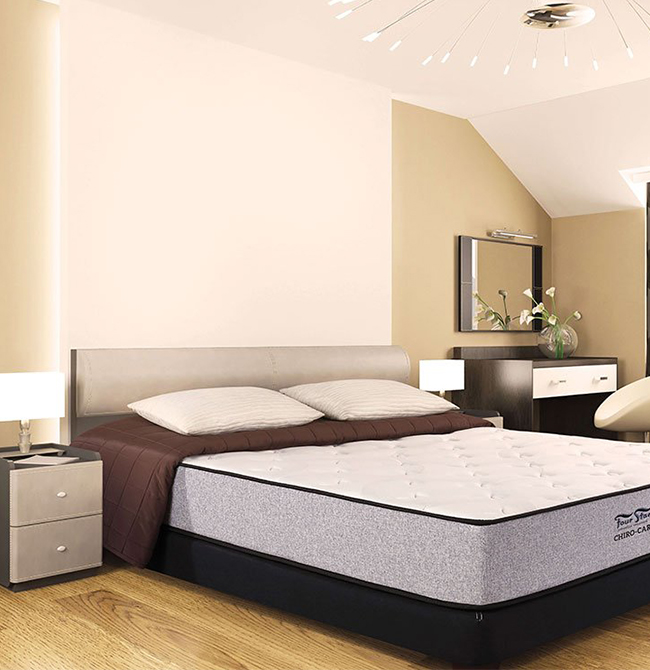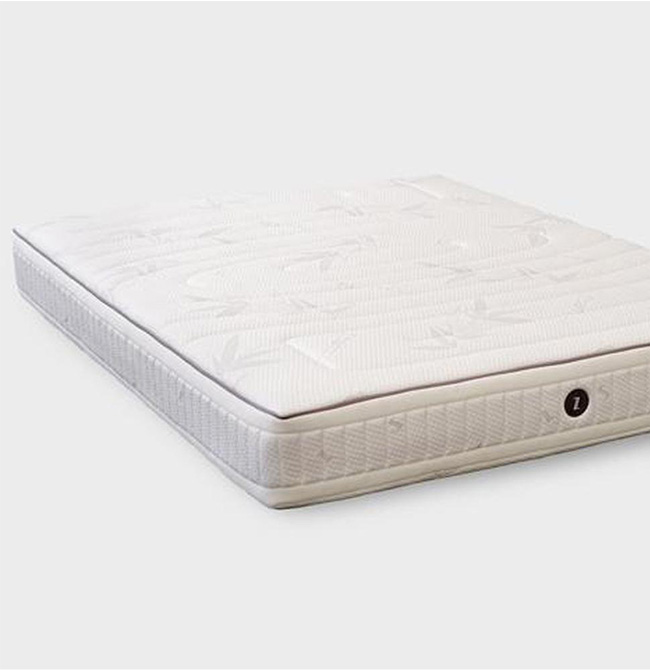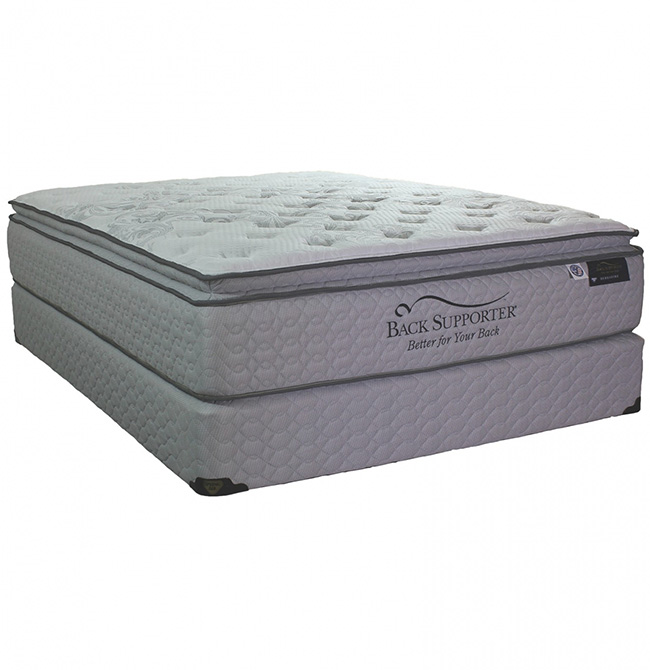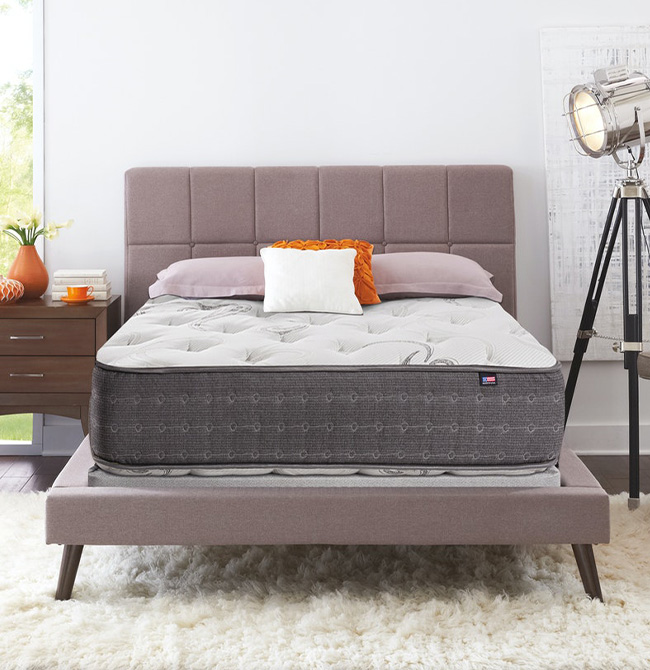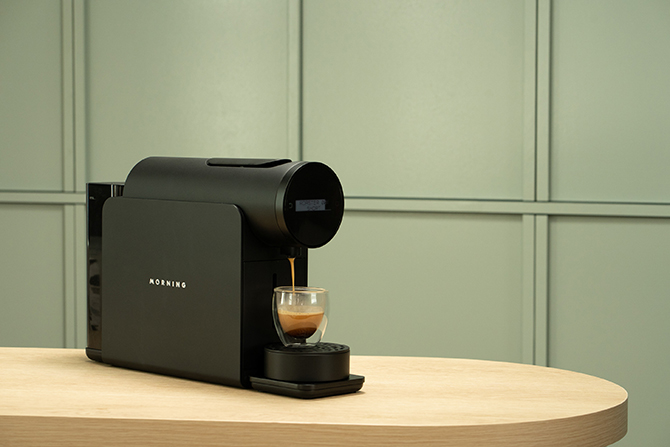Lifestyle
Hard or soft mattresses?
Foundation mattersLet’s face it: back pain is a real pain. A searing discomfort at your upper or lower back can easily destroy your mood — even on a Friday when office hours are about to cease. To make matters worse? Hitting the sack after a long day hoping to alleviate it may in turn, exacerbate the pain — if your mattress isn’t the right one for you. A lack of support from mattresses will strain sore muscles and reinforce bad posture since it doesn’t keep your spine aligned, hence sacrificing a good night’s sleep.
And as we all know, precious hours of snooze time are something we should never compromise on. Unfortunately, many soft mattresses may be the culprit — the curves of your body will sink in too deeply into the sagged pit, reinforcing lower back pain. To remedy the problem, choosing a quality mattress is key. Invest in one that offers both comfort and back support, enabling your spine to really rest and rejuvenate while you’re asleep at night. Below, we’ve prepared a few pointers to help you find that ideal mattress fit.

Why are soft mattresses bad for your back?
Soft mattresses do not provide enough support. Since it sags too much and the bed conforms to your body’s curves, the “hammock effect” occurs. This is a position where your hips will sink in, causing an abnormal curvature of the spine. As a result, pressure is exerted onto your lower back so your muscles remain strained for the whole night trying to safeguard your spine. This also restricts movement extensively, creating an overall unpleasant sleeping experience.
What about hard mattresses then?
On the other hand, mattresses that are very hard won’t do you much good either. Firm does not equal to supportive. A bed that is too firm doesn’t provide adequate elasticity and thus doesn’t accommodate to your body shape. Although your pelvis is supported, your spine will twist downwards, creating a distorted S shape. Plus, it’ll generate pressure points that may lead to body aches and prevent circulation at certain places. There will be awkward gaps in between the bed and your body, pointing to a lack of support.
So what type of mattresses should I get?
Your best bet are medium-firm mattresses. It’s the middle ground — not too soft yet not too hard. According to a research study, people who slept on medium-firm bedding reported the lowest amount of discomfort. A bed of medium-firm density will easily accommodate the contours of your body but still offer great support. It maintains a natural spine alignment, promoting pressure relief. To ease the pain, latex mattresses do the job. They have a natural springy quality which makes them really comfortable — and highly lauded by osteopaths and chiropractors.
What are some reliable mattress brands?
Get deeper, more restorative sleep with our top picks:



